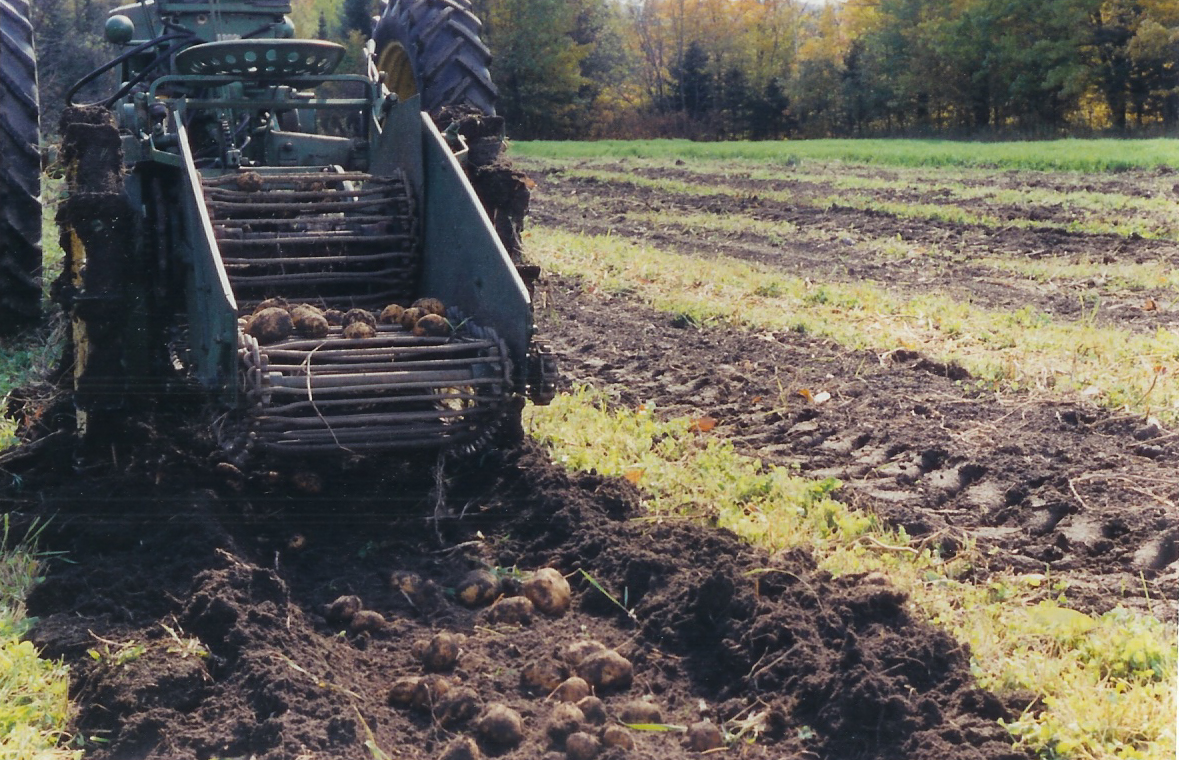
Applications for July through October awards will open in April
Applications are currently closed.
Application for July through October awards will open in April
Please review the award criteria before applying to confirm that you are eligible for the award.
If you have any questions, please contact us.
Vermont Family Farmer of the Month Scoring Criteria
A successful applicant will have a project that advances the long term viability of the farm by increasing its economic, social, and environmental resilience.
Applications will be scored using the following criteria on a 5-point scale, with 1 indicating that the application does not meet the criteria and 5 indicating the application is very strongly aligned with the criteria. Definitions of each area and the weights associated with each are outlined here.
Farmers demonstrate environmental stewardship [Weight: 3]:
Farmers demonstrate a commitment to environmentally conscious, sustainable, and regenerative agriculture. Examples include (but are not limited to) utilizing land management techniques such as rotational grazing, cover cropping, habitat restoration, and practices that help the farm system adapt to or mitigate climate change.
Projects that contribute to and or support the economic viability of the farm [Weight: 3]
Farm business is either economically viable or on a clear trajectory towards becoming economically viable. We define an economically viable business as one that is at least breaking even, including covering the full cost of operations, (including capital investment needs and debt service) and some or all of family living expenses, as needed.
Projects that improve the quality of life for the farmer(s) and their farm teams [Weight: 2] Projects that improve the farmer(s) and/or your farm teams’ physical, financial, mental, and/or emotional well-being.
Farmers are building social resilience [Weight: 2]
Farmers or their farm team are involved in their community. Examples include (but are not limited to): Hosting workshops; providing mentorship to other farmers; involvement in Farm to School; providing direct sales to their community through CSA’s, farmers markets, and farm stands; involvement in the charitable food system; involvement in community groups such as advocacy, nonprofit organizations, community boards, fire and rescue, and other volunteerism.